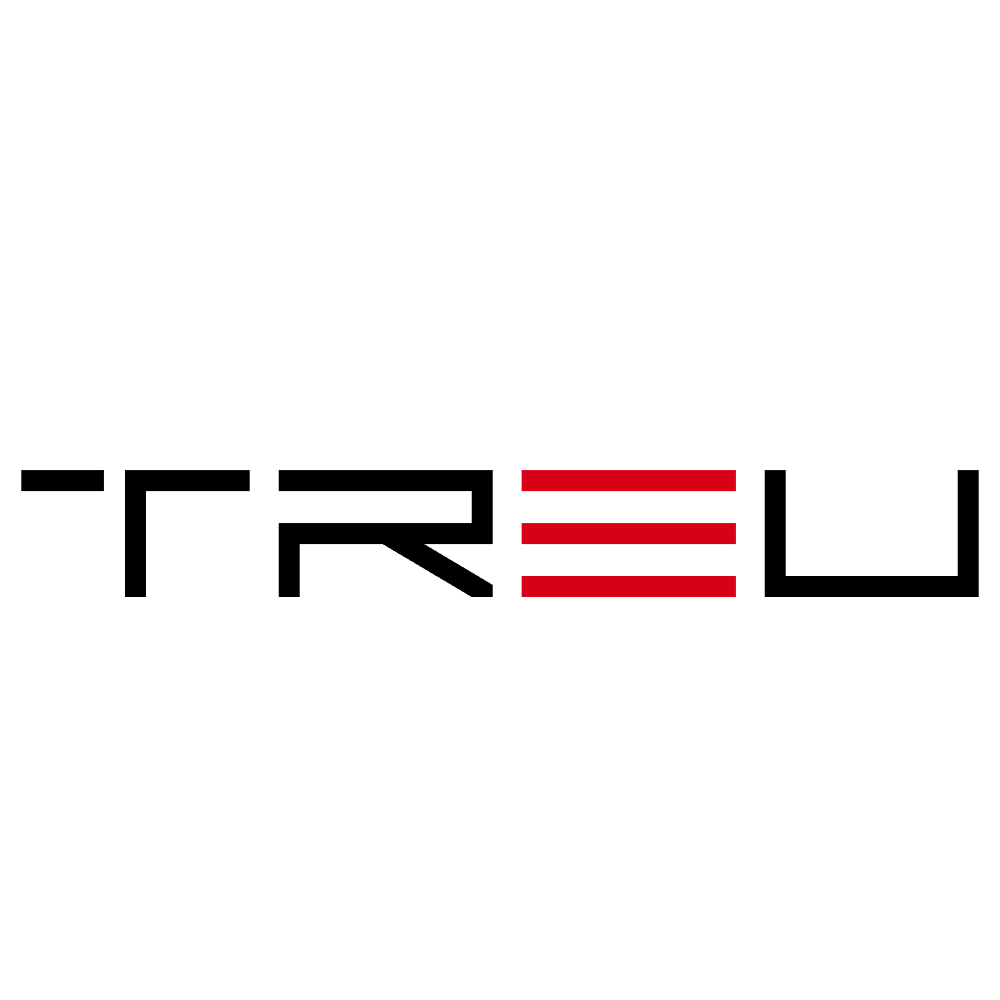Top 3 Emerging Tech Trends Shaping the Future in 2025
The future is being shaped by technology at an unprecedented rate. In 2025, revolutionary advancements in the fields of artificial intelligence, automation, and immersive technologies are poised to reshape our daily lives and industries across the globe. As businesses and individuals prepare for what’s next, understanding these emerging tech trends will be critical.
In this article, we’ll explore three key technologies expected to dominate the landscape in 2025, highlighting their transformative potential and implications for the future. These trends aren’t just shaping industries—they are redefining the way we interact with the world, solve problems, and drive innovation.
1. Artificial Intelligence Gets Personal: Hyperautomation and AI Democratization
In 2025, artificial intelligence (AI) is expected to become more ubiquitous and impactful than ever before. The twin trends of hyperautomation and AI democratization are taking center stage, promising to make AI more powerful, accessible, and personal.
What Is Hyperautomation?
Hyperautomation refers to the use of advanced technologies like AI, machine learning, and robotic process automation (RPA) to automate complex business processes. It extends beyond basic automation to integrate these technologies seamlessly, eliminating inefficiencies and unlocking new levels of productivity.
- Streamlining Workflows: Repetitive and time-consuming tasks are increasingly being handled by AI-powered systems, saving time and reducing operational costs.
- AI-Assisted Decision-Making: Algorithms are enabling businesses to analyze massive datasets in real-time, paving the way for more informed and data-driven decisions.
- Scalability: Hyperautomation allows organizations to adapt quickly to changes without increasing resource burdens.
The Rise of AI Democratization
AI democratization aims to make AI tools available to non-technical users. In 2025, powerful AI solutions will no longer be reserved for enterprise-level organizations with dedicated teams of data scientists. Instead, intuitive platforms with easy-to-use interfaces will empower individuals and small-to-medium-sized businesses to integrate AI into their workflows.
What does this mean for the future? Expect to see a surge in AI-driven personal productivity tools, tailored AI-powered assistants, and custom machine learning applications accessible to everyone.
2. The Expansion of Immersive Technologies: AR, VR, and the Metaverse
Augmented reality (AR) and virtual reality (VR) technologies have been steadily evolving over the last decade, but in 2025, they’re expected to reach a tipping point, thanks to advancements in hardware, software, and connectivity. One of the most significant outcomes of this evolution will be the rapid growth of the metaverse—a sprawling, immersive virtual environment that intertwines physical and digital worlds.
Redefining Interaction Through AR and VR
AR and VR technologies are revolutionizing fields like entertainment, education, and even healthcare:
- Immersive Training: Businesses and educational institutions are leveraging AR/VR to provide hands-on learning experiences in safe, controlled environments.
- Enhanced Customer Experiences: Retailers are using AR to let consumers “try before they buy,” while VR is creating more engaging experiences in gaming and tourism.
- Remote Collaboration: Immersive virtual spaces are making remote teamwork more dynamic, enabling businesses to bridge geographical distances seamlessly.
The Metaverse Becomes Mainstream
In 2025, the metaverse will be more than a buzzword—it’ll become an integrated part of daily life, offering new economic opportunities and ways to connect. Companies like Meta, Microsoft, and others are already heavily investing in building this digital frontier.
Career Growth in the Metaverse: Expect to see new job titles and industries emerge, ranging from virtual architects to digital asset brokers. The metaverse may also become a hub for e-commerce, entertainment, and social interactions.
What does this mean for businesses? Brands looking to stay relevant must consider how they can establish a presence within this virtual ecosystem.
3. Green Tech Revolutionizing Sustainability
As the world grapples with the challenges of climate change and finite resources, technology is stepping in to provide solutions. In 2025, the push for sustainability will drive innovations in green technology, transforming industries and ushering in a new era of eco-consciousness.
Energy and Climate Innovations
Green tech is set to focus on reducing carbon footprints and embracing renewable resources:
- Advanced Batteries: Breakthroughs in battery technology will improve energy storage, making renewable energy sources like solar and wind more practical and reliable.
- Carbon Capture and Storage: Technologies designed to capture CO2 from the atmosphere and safely store it are gaining traction in efforts to combat global warming.
- Smart Grids: Intelligent energy management systems will optimize electricity usage, reducing waste and improving efficiency.
Sustainable Manufacturing and Circular Economies
Traditional manufacturing practices are being reimagined with sustainability in mind. In 2025, circular economies—where resources are reused, recycled, and repurposed instead of discarded—will take center stage.
- 3D Printing: Additive manufacturing techniques will minimize material waste and allow for on-demand production.
- Eco-Friendly Materials: Biodegradable or recycled materials will replace plastics and other pollutants in mass production.
- Closed-Loop Supply Chains: Companies will design products and packaging with recyclability as a priority.
What does this mean for innovation? Consumers increasingly prioritize sustainability, and businesses that adopt green technologies will not only improve their bottom lines but also align themselves with this value-driven market shift.
Preparing for the Tech-Driven Future
In 2025, these three tech trends—hyperautomation and democratized AI, immersive technologies and the metaverse, and green tech innovation—are expected to revolutionize the way we live, work, and interact. As these technologies evolve, they will create waves of socio-economic change, bring new opportunities, and pose fresh challenges.
Organizations and individuals alike must stay informed and adapt to leverage the potential of these advancements. Whether it’s integrating AI for enhanced productivity, exploring business opportunities in the metaverse, or adopting sustainable practices, the time to act is now.
The question isn’t whether these trends will shape the future—it’s how prepared you are to embrace them. The future is closer than you think, and it’s powered by technology.

